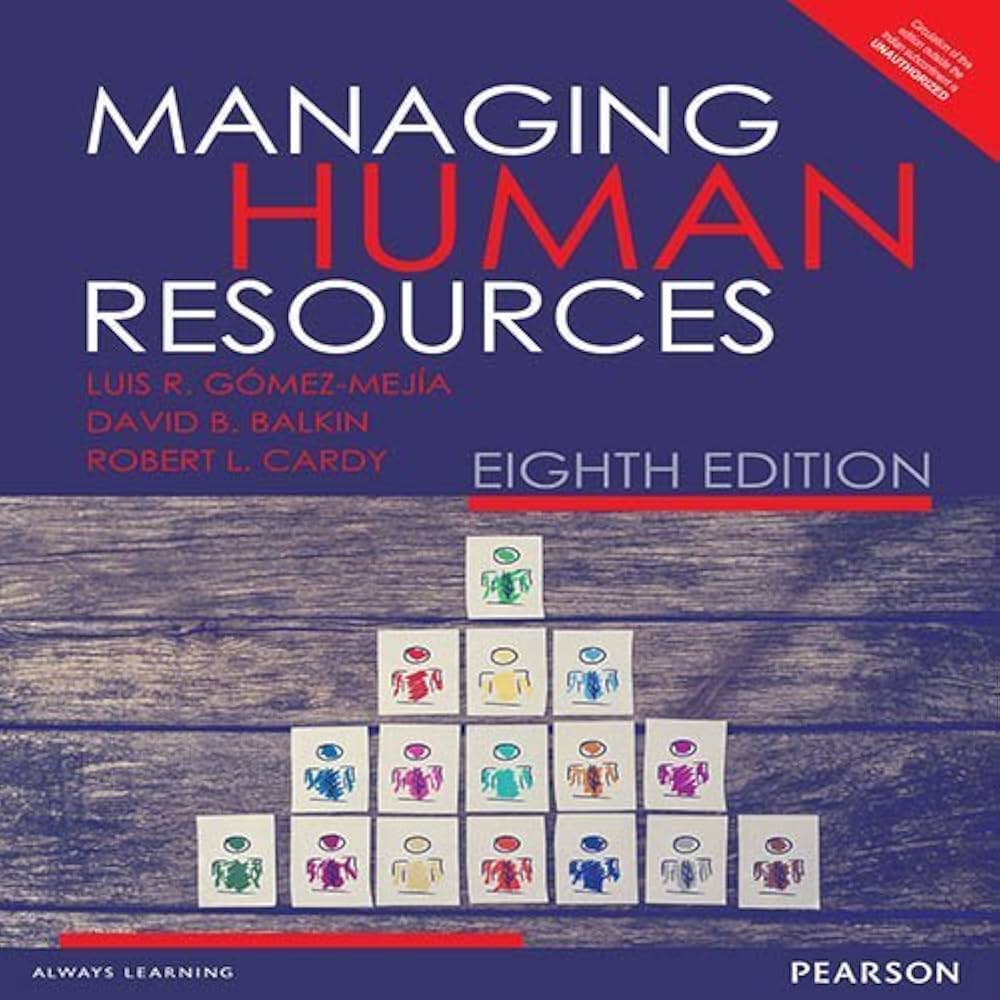Managing human resources is a crucial aspect of any organization, as it involves effectively and efficiently managing the employees of a company. In today’s dynamic and complex business landscape, HR management has become more challenging than ever before. To navigate through these challenges and ensure the success of an organization, managers need to have a deep understanding of HR principles and practices. In this blog post, we will discuss the work of Luis R. Gomez-Mejia, David B. Balkin, and Robert L. Cardy, three renowned authors in the field of HR management.
Luis R. Gomez-Mejia is a professor of Management, HR and Entrepreneurship at the W.P. Carey School of Business at Arizona State University. He has published numerous articles and books, including his most influential work, Managing Human Resources. This book highlights the importance of aligning HR practices with business strategies and objectives. Gomez-Mejia emphasizes the need for HR managers to be strategic partners and actively contribute to the bottom line of the organization. He also stresses the importance of creating a positive work culture and actively managing employee relationships to enhance employee motivation and overall performance.
David B. Balkin is a professor of Management at Leeds School of Business, University of Colorado-Boulder. He is an expert in the areas of compensation, HR strategy, and global HR management. In his research, Balkin emphasizes the importance of job design, talent management, and employee development. He also explores the impact of culture on HR practices and how organizations can effectively manage diversity and inclusion.
Robert L. Cardy is a professor of Management and Organization at Tippie College of Business, University of Iowa. He has extensive experience in management and has published several books and articles. In his work, Cardy focuses on performance management, employee motivation, and leadership development. He highlights the role of HR managers in creating a performance-driven culture by developing effective performance management systems and promoting a coaching and feedback culture.
The work of these three authors provides valuable insights and practical guidance for managing human resources in today’s organizations. Their research emphasizes the importance of aligning HR practices with business strategies, managing employee relationships, developing a positive work culture, and effectively managing diversity and inclusion. By following their recommendations, managers can create a strong HR foundation that supports the overall success of the organization.




